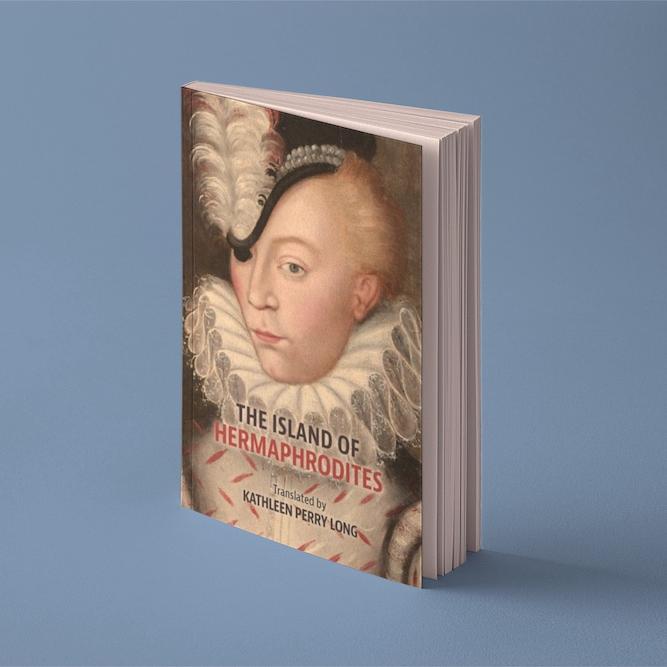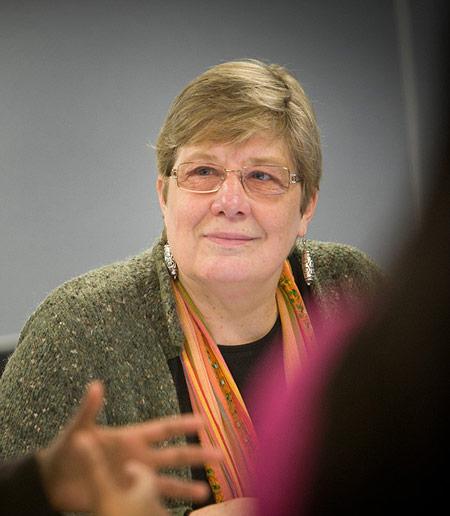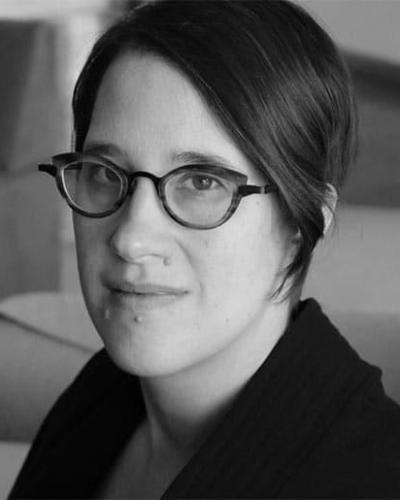The seasons are changing for diacritics: A Review of Contemporary Criticism.
On July 10, Andrea Bachner, Professor of Comparative Literature, stepped into her new role as the journal of critical theory’s editor in chief. She takes over from outgoing editor Karen Pinkus, Professor of Romance Studies and Comparative Literature, who had led the journal since 2016. Diacritics editors are typically elected to three-year terms by the journal’s editorial board and may be re-elected.
During Pinkus’ tenure as editor, diacritics continued to break new ground and expand its reach. In looking back at her time with the journal, Pinkus said she is proud to have encouraged and guided individual scholars whose work needed further development as well as a series of special issues that brought in new writers and readers. Pinkus herself also co-edited two of these special issues, which “opened up the journal in new ways,” she says. “We got many more readers from film and media studies after ‘Cinema: Labor,’ and ‘Terraforming’ was groundbreaking work in environmental humanities and theory.”
Pinkus now hands the reins to Andrea Bachner. A longtime diacritics board member, Bachner is a scholar of modern and contemporary comparative literary and culture studies. Her interests lie in the politics and ethics of communication, representation, and thought across cultures and disciplinary boundaries, and she recently concluded a three-year term as director of the East Asia Program at the end of last academic year.
“One of the key concerns of my work is the question of how different media, cultural expressions, and discourses construct, complicate, and contest cultural material and contexts to bear on broader philosophical and political questions,” Bachner says.
Perhaps unsurprisingly, Bachner’s scholarly interests dovetail nicely with the mission of a journal that prides itself on publishing scholarly work engaging with critical theory (in the broader sense of the term), and providing a forum for thinking of contradictions without resolutions.
Bachner’s vision for diacritics’ trajectory during her tenure incorporates three interrelated goals: diversity and inclusion; outreach, mentoring and dialogue; and governance and collaboration. She is eager to “rethink a field or set of ideas collectively, from different vantage points and disciplinary perspectives.”
Noting diacritics’ ongoing mission to demonstrate the productivity of theory for and in the context of different political and ethical debates, Bachner is now looking for ways to not only further open the door of the benchmark journal, but also to widen the entrance. The diacritics board traditionally includes several graduate student members who each serve on the board for one year to gain publishing experience, and Bachner is interested in “exploring ways of bringing some of this energy of mentoring and dialogue to bear on a wider community of scholars and scholars-in-the-making . . . also and especially those in less theory-oriented programs and disciplines and less well-resourced institutions.”
Bachner also hopes to empower students and young scholars by offering more opportunities for them to familiarize themselves with diacritics, through workshops and virtual “open journal” events. Her plans include publishing special issues that look to a more diverse pool of potential authors, a recurring essay contest that addresses questions of theory futures, or questions of theory and diversity and inclusion.
“I believe that a critical analysis of cultural phenomena and aesthetic expressions helps us understand how identities – racial, sexual, cultural, biological – are constructed and allows us to imagine a more ethical and sustainable world,” she says.





